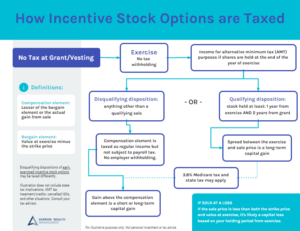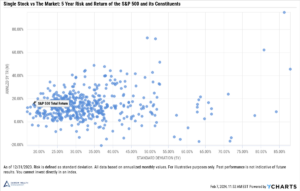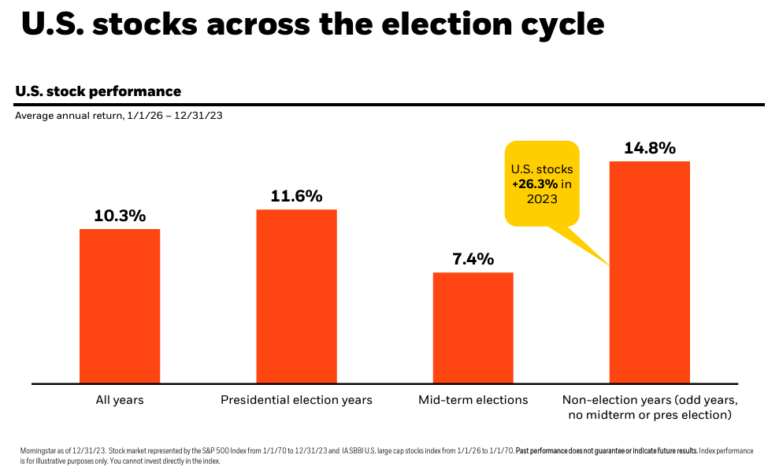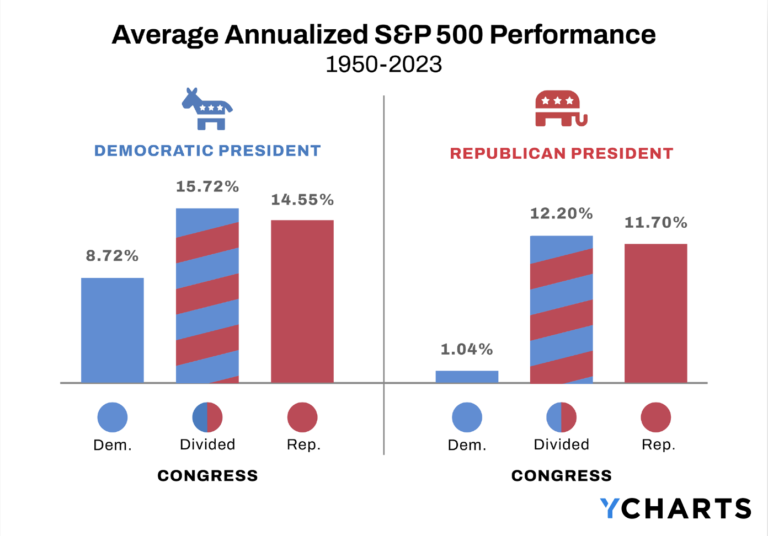What to Do With a Sudden Cash Windfall
Wondering what to do with a sudden financial windfall? The first step is to hold off on making any major purchases or decisions until you’ve had time to consider your options. Whether the windfall was expected, perhaps from the sale of a business, or unexpected, you’ll want to make a plan for the future. Deciding what to do with a cash windfall always comes down to your personal goals and financial situation. And ultimately, how to invest a windfall will depend on a number of factors, including your risk tolerance, time horizon, and spending plans.
First Steps in Managing a Windfall:
- Delay major purchases until you have a plan
- Partner with a sudden wealth management advisor
- Develop your financial, tax, and estate plan
Managing a Large Financial Windfall
A sudden wealth event changes your life. So it’s important to step back and take stock of what it might mean for you. Goals often change when the realm of what’s possible expands. To help ensure you’ll have all options available to you, try to delay any major purchases or financial commitments until after you’ve engaged a sudden wealth financial advisor.
Planning After a Windfall
There’s a lot of financial planning to do after receiving a windfall! In working with your wealth advisor, you’ll want to consider some of these questions.
One-time cash needs
Lay out any one-time potential cash needs. This may be wish-list items or even possible financial moves like paying off debt. Consider mortgages, loans, car or home purchase, people you’d like to help financially, and so on. This step is crucial as any cash that is used at the beginning can’t be invested for the future, which you’ll need to include in projections.
Ongoing expenses and income needs
Will the windfall change your lifestyle? Do you want to retire? Can you afford to? Quantifying ongoing lifestyle expenses is key to figuring out what’s possible financially post-windfall.
However, as you consider the best ways to utilize sudden wealth, remember that spending drives what’s possible financially. Here’s an example:
Assume you receive a $5 million windfall and spend $2 million on a home with cash. You’ll need $500,000 a year for everything else. Using a 6% annual return, you would run out of money in year 8. And that’s before even considering taxes or market volatility! Now if you spent $1 million on a home instead, and reduced lifestyle expenses to $300,000 per year, the money would (theoretically) last for over 27 years.
The sudden wealth is the same – but spending drives the outcome.
Sudden Wealth Management Advisors
How a Sudden Wealth Advisor Can Help
Darrow Wealth Management specializes in helping individuals navigate financial windfalls, typically from stock options or selling a business. In addition to asking the right questions during planning sessions, getting support from a financial advisor specializing in windfalls is key.
Here are some examples of ways a wealth advisor may be able to help you manage a large windfall:
- Tax planning (more on that below)
- What’s possible after the financial windfall? An advisor can help you assess financial goals and prioritize or consider trade-offs if needed
- Stress-testing your financial plan to help ensure you don’t run out of money
- Considering your legacy goals and the pros and cons of setting up a trust for children or family
- Investing a windfall by determining the right allocation, account types, and ways to layer tax-efficiencies
- Building an income stream, perhaps with a Treasury ladder
- Considering how to optimize the funding of your financial goals, such as superfunding a 529 plan
- Quarterback your wealth strategy with your team of professionals. For example, estate planning to help ensure you have proper protections in place
- Incorporating charitable goals
These are just a few examples. Depending on your goals and personal financial situation, there may be many more planning opportunities to consider.
The Tax Treatment of a Financial Windfall
Windfalls can come in many forms, so it is important to understand the tax implications of yours. If you received an inheritance, is it in cash, stock, a retirement account? Do you have money from selling stock options after an IPO or acquisition? Or perhaps you have a cash windfall is from the sale of your business.
The tax treatment can be very different in all of these scenarios. And there can be planning opportunities too. This is another reason why it’s so important to work with advisors who specialize in managing financial windfalls.
For example, in one instance, we identified stock as being eligible for a specific tax benefit called qualified small business stock (QSBS). After connecting the new client with a CPA experienced with Section 1202, they confirmed. In this situation, it meant the client could sell all their shares tax free. The client’s prior tax and financial advisor did not specialize in stock options or sudden wealth, which is why they made the change.
To discuss your situation and how we may be able to help you maximize the benefits of a windfall, schedule a phone consultation today.
Nationally Recognized Sudden Wealth Advisors
Darrow Wealth Management specializes in working with individuals experiencing a windfall or sudden wealth event. Regardless of the source of your newfound liquidity, our advisors can help you build a financial plan and investment strategy to manage a windfall. As a fee-only financial advisor and fiduciary, we’re always working in the best interest of our clients.

Publications above reflect media organizations that have quoted and/or published articles authored by Kristin McKenna and should not be misconstrued as a current or past endorsement of Kristin McKenna, Darrow Wealth Management, or any of its advisors. Please refer to the media page for more information and links to published works.












